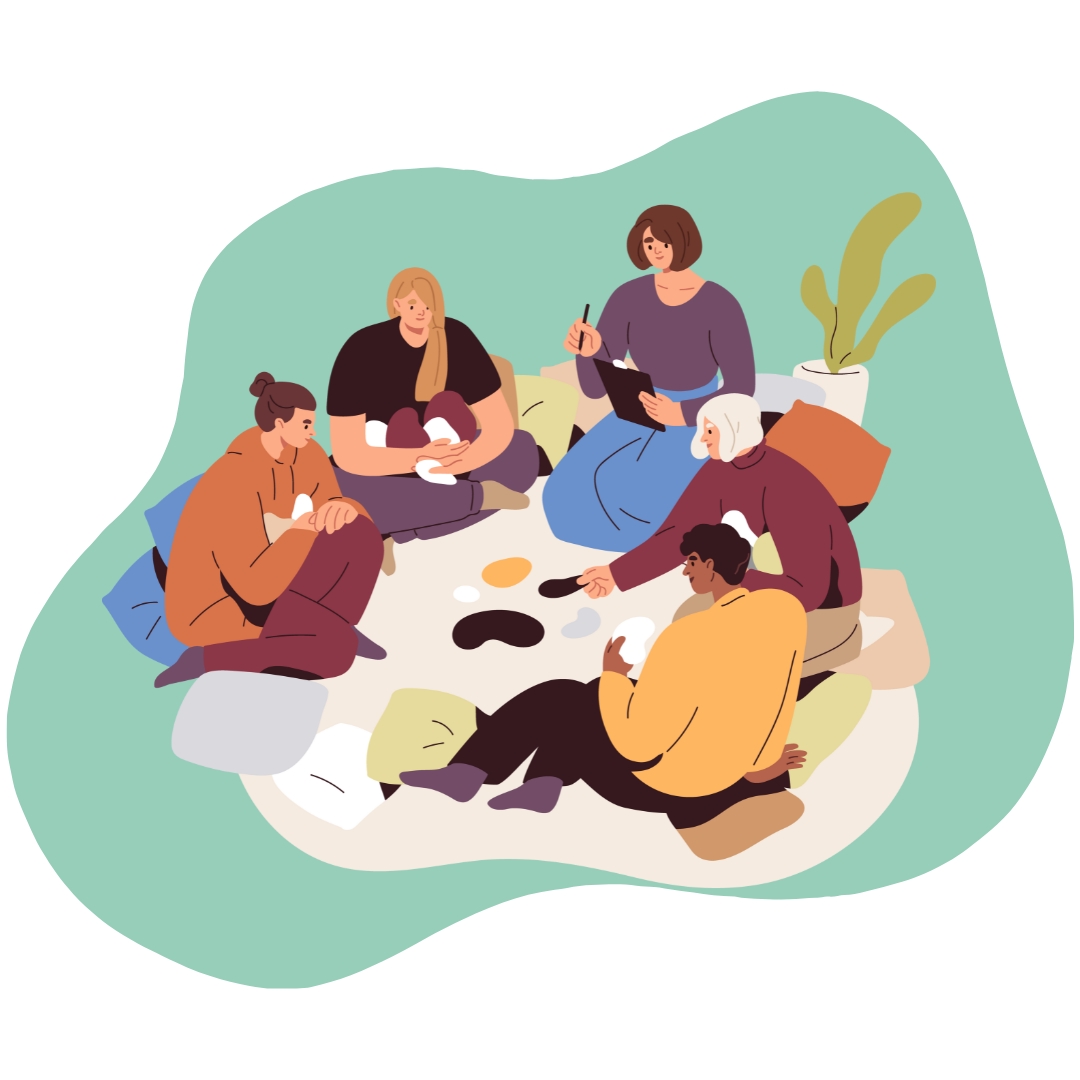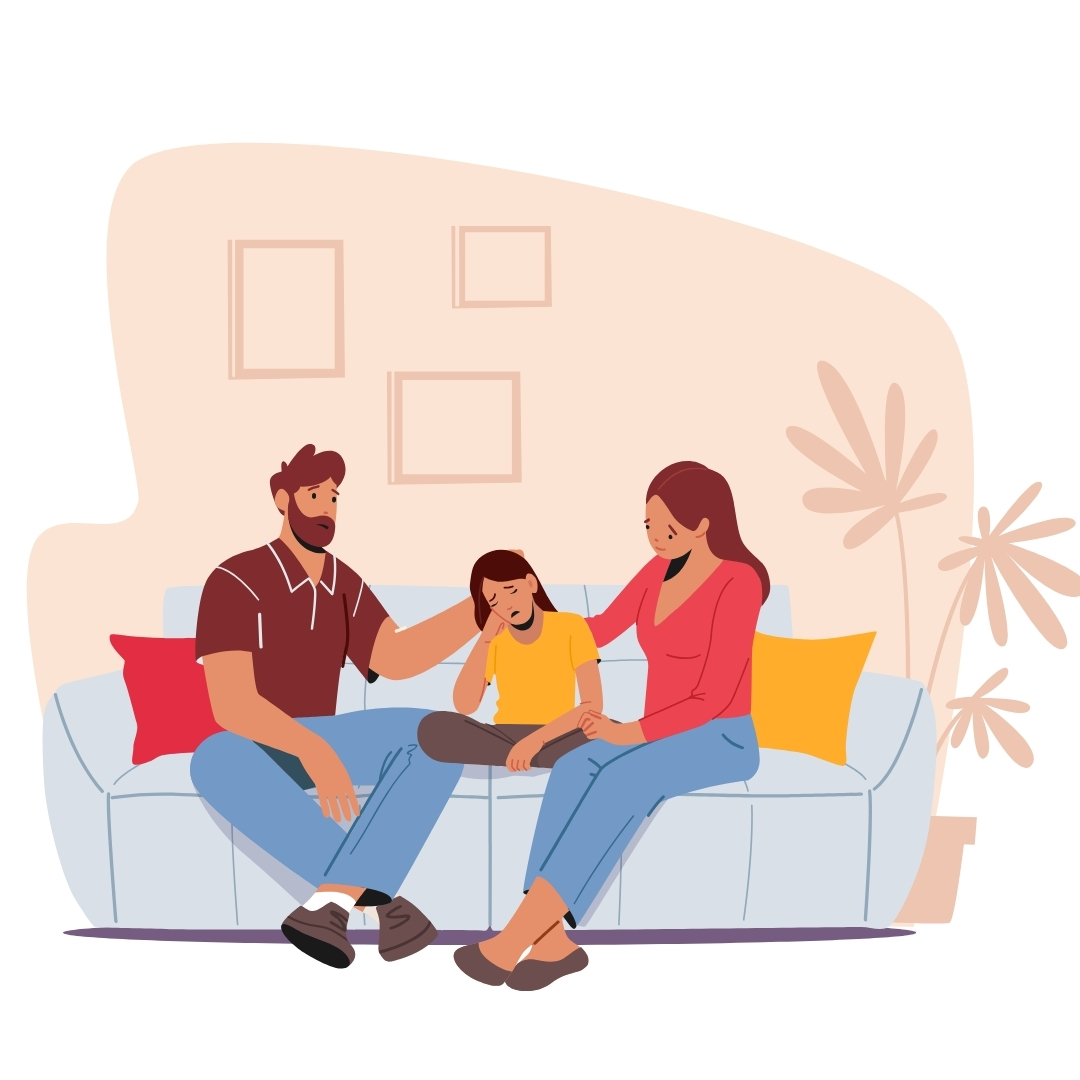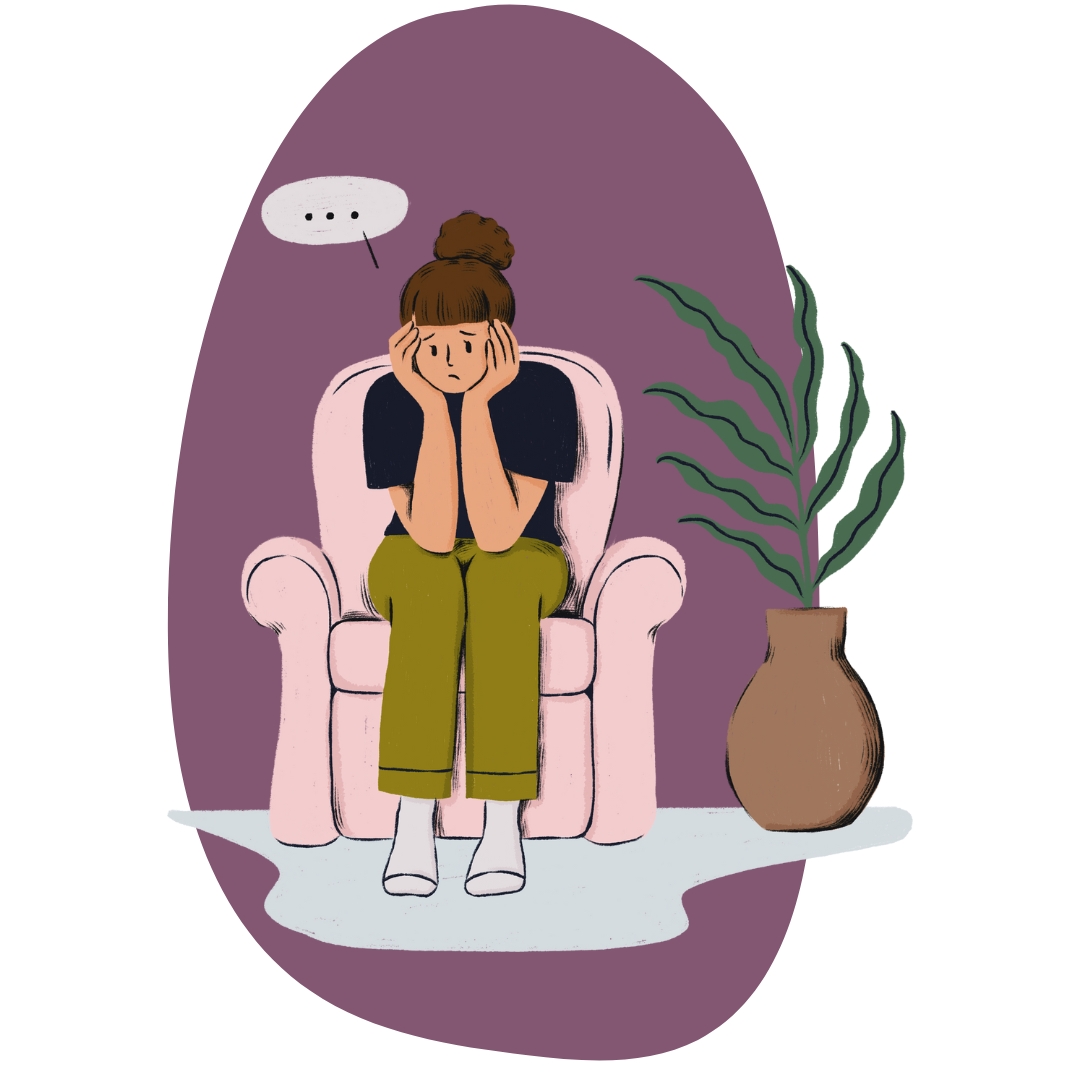Teaching Teens about Relationships Can Save Lives

Seventy percent of teen and young adult respondents to a recent study by Harvard said they wanted more information from their parents about relationships, specifically, how to develop a mature relationship, begin a relationship, deal with breakups and avoid getting hurt in a relationship.
Relationship troubles are one of the most common issues Arizona teens call the Teen Lifeline hotline to discuss.
For many, the first time they’ve dealt with romantic feelings and the heartache that can come from an argument or breakup is traumatic. Others are either unsure if the situations they are experiencing are normal or don’t know what to do about them.
One in three teens in the United States will experience physical, emotional or sexual abuse from someone they are in a relationship with before they turn 18, according to researchers at George Mason University.
And teens who experienced dating violence face higher rates of depression, heavy drinking and thoughts of suicide, according to a study by Cornell University.
While many teens report having had a “sex talk” with their parents, most parents have not spoken with their teens about what a healthy relationship looks like, how to love and be loved and the values that should guide a relationship.
As teens navigate their first romantic relationships and breakups, it’s important to talk with your teen about the traits of healthy and unhealthy relationships. One way to do this is to discuss real life examples of healthy, or unhealthy, relationships that surround you – both real life examples and examples from media portrayals.

Begin early and talk often about healthy relationships. Remind your teens to:
- Be Yourself. Coach children to look for someone to date who they feel comfortable with, can be themselves around, who they trust and who won’t pressure them to do things they don’t want to do.
- Remember Your Friends. Remind teens of the importance of having a social life outside of just their boyfriend or girlfriend.
- Pursue Your Interests. Help teens remember to continue developing themselves as a person outside of their relationship. Having an interest that is just theirs, outside of the relationship, can help improve self-esteem and, in turn, their relationship.
- Know How to Handle Conflict. Hiding from a problem makes it grow. It’s better to admit something is wrong, talk about it and try to fix it together. Remind your teen that how you handle conflict can determine whether that conflict is good or bad for your relationship.

It’s also important to know signs of abuse. Talk with your teen about the red flags a relationship is unhealthy and could be abusive. These include when a partner:
- Is constantly critical of you or tries to make you feel bad
- Tries to keep you away from friends and family
- Wants to check your phone messages
- Uses social media to monitor where you are or who you’re talking to
- Threatens something bad will happen if you breakup
- Forces you to do things you don’t want to do
- Make you feel guilty
- Hurts you emotionally or physically
If you know a teen who is struggling with relationship problems, depression, anxiety or thoughts of suicide, encourage them to call Teen Lifeline 24/7/365 at (602) 248-TEEN for free and confidential help.
Trained teen peer counselors answer calls and texts every day of the year from 3-9 p.m. Adult crisis counselors answer the phone lines at all other times.
The author of this article, Nikki Kontz, LMSW, is the Clinical Director at Teen Lifeline, a Phoenix-based nonprofit dedicated to preventing teen suicide in Arizona. Contact her at nikki@teenlifeline.org or 602-248-8337.
